I've created a service that its job is to clear the notifications when the app is closed by the user. Everything works perfectly well but sometimes when the application is in the background for more than 1 minute the service is killed (which means that the notifications are not cancelled). Why is this happening? I thought that the only way that you can stop a service is by using either stopSelf() or stopService().
public class OnClearFromRecentService extends Service {
private static final String TAG = "onClearFromRecentServic";
private NotificationManagerCompat mNotificationManagerCompat;
@Override
public void onCreate() {
super.onCreate();
mNotificationManagerCompat = NotificationManagerCompat.from(getApplicationContext());
}
@Override
public IBinder onBind(Intent intent) {
return null;
}
@Override
public int onStartCommand(Intent intent, int flags, int startId) {
Log.d(TAG, "Service Started");
return START_NOT_STICKY;
}
@Override
public void onDestroy() {
super.onDestroy();
Log.d(TAG, "Service Destroyed");
}
@Override
public void onTaskRemoved(Intent rootIntent) {
//Put code here which will be executed when app is closed from user.
Log.d(TAG, "onTaskRemoved was executed ");
if (mNotificationManagerCompat != null) {
mNotificationManagerCompat.cancelAll();
} else {
Log.d(TAG, "onTaskRemoved: mNotifManager is null!");
}
stopSelf();
}
}
I start the service from the splash screen Activity like this: startService(new Intent(this, OnClearFromRecentService.class));
